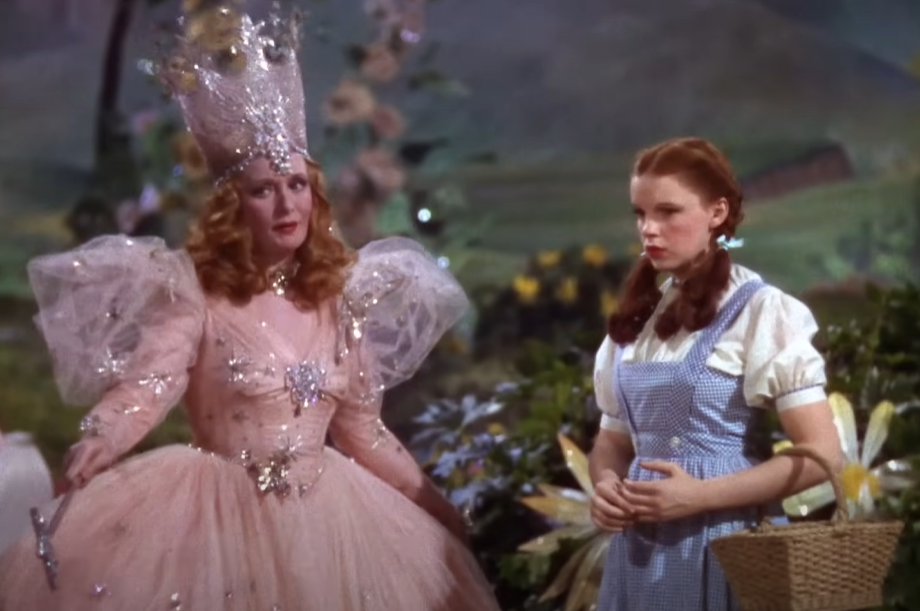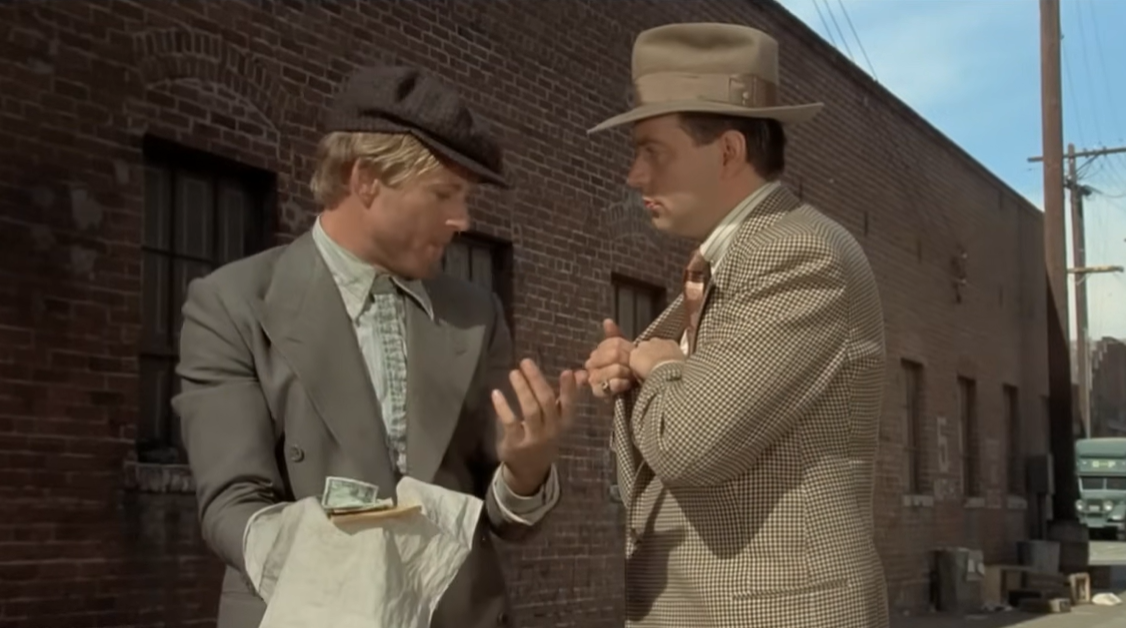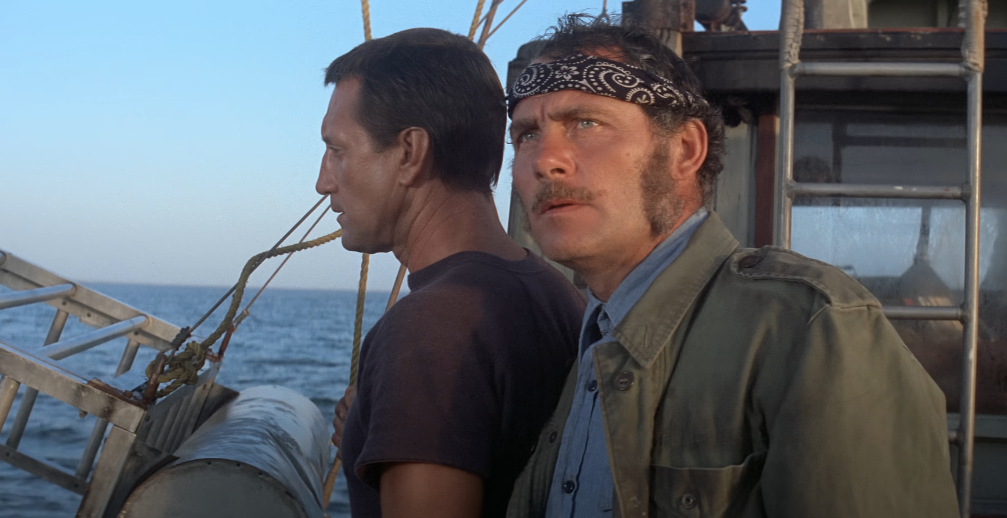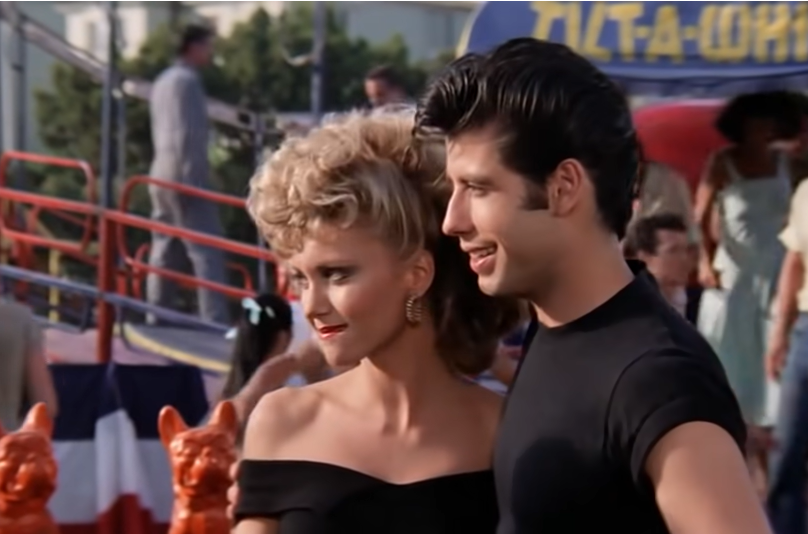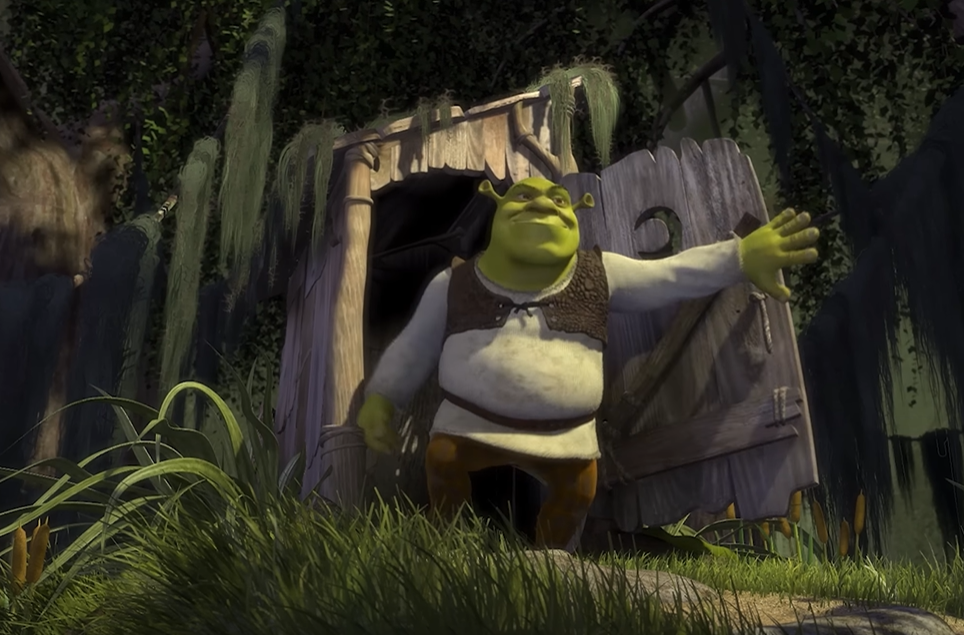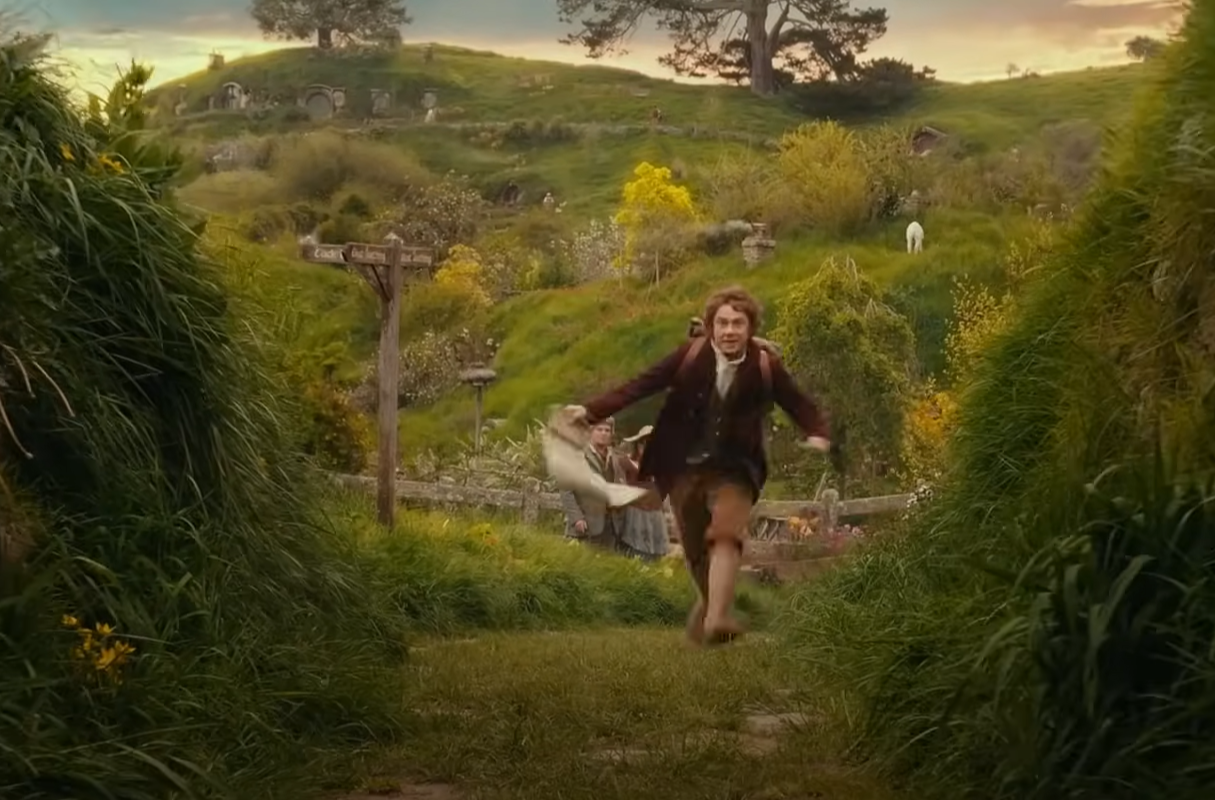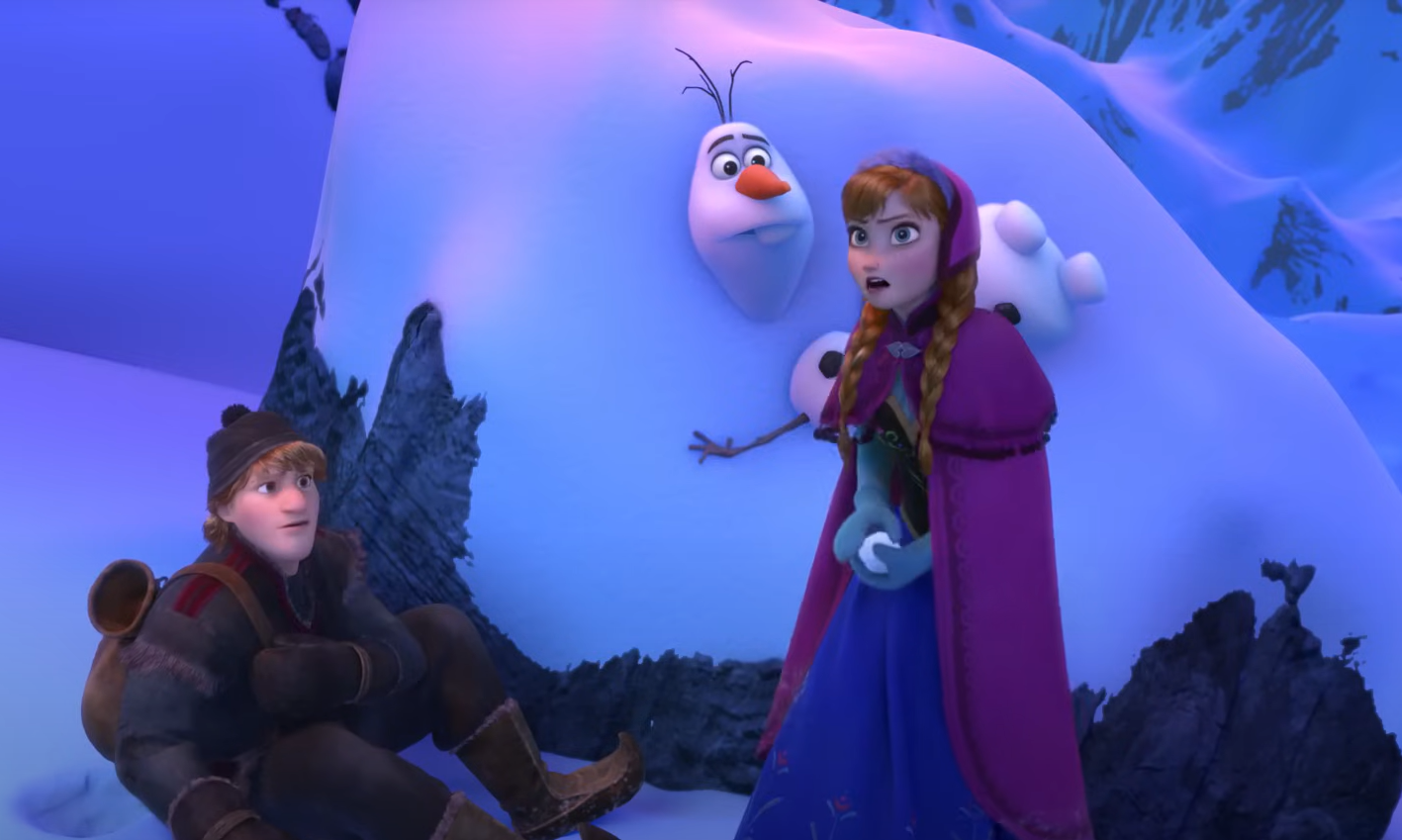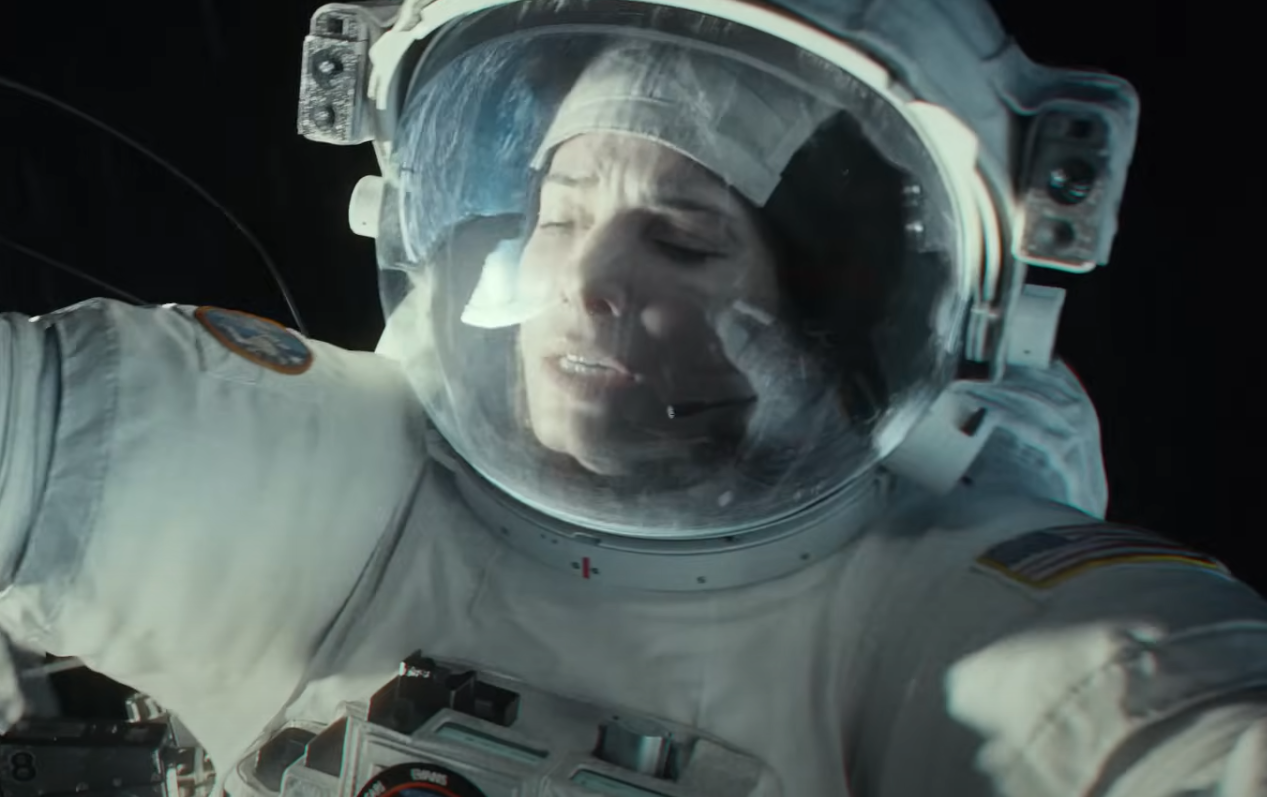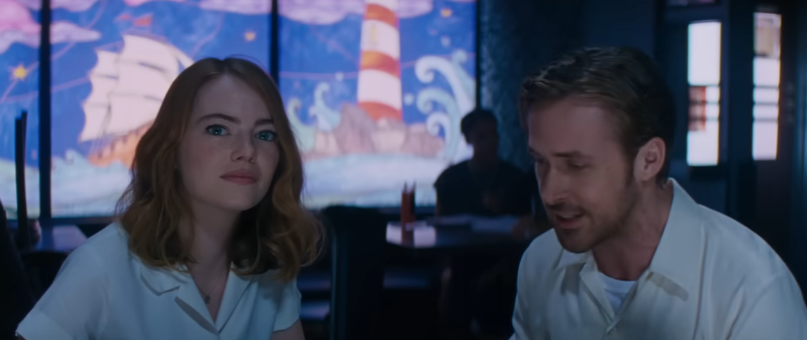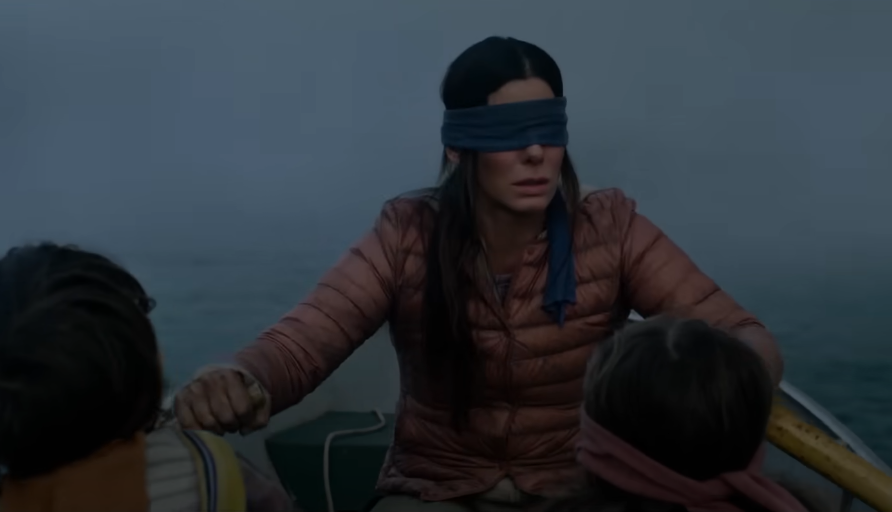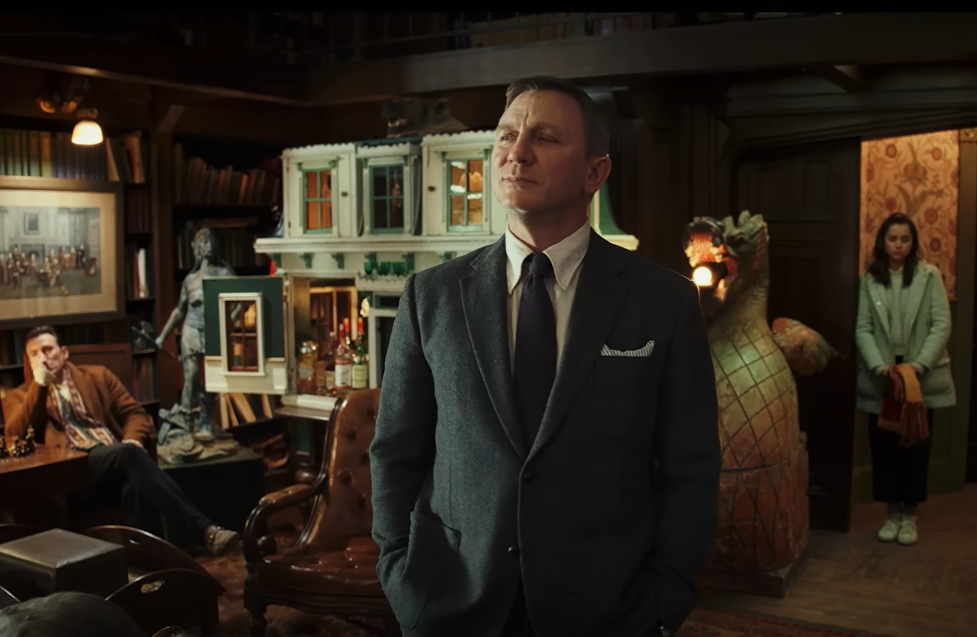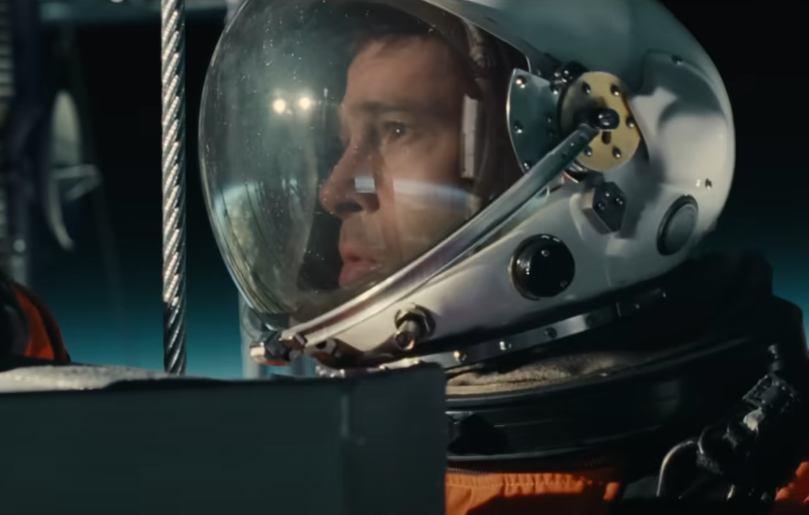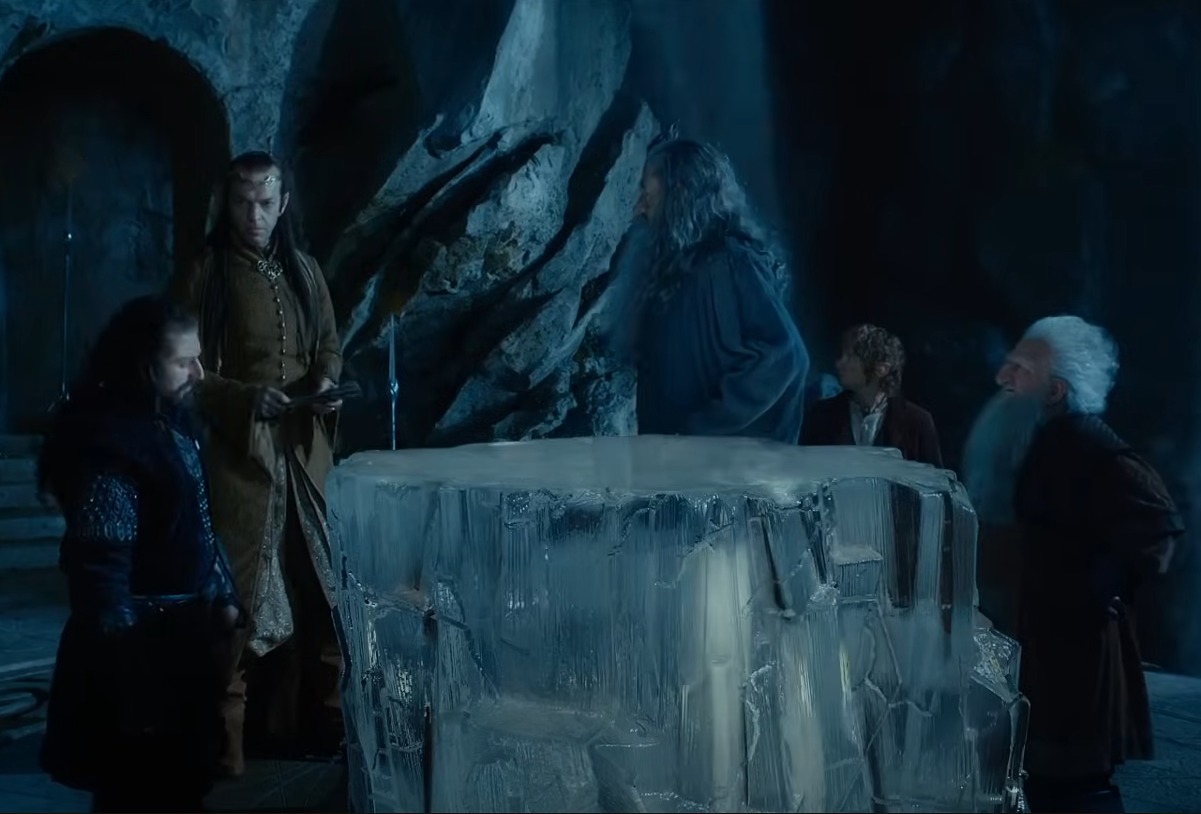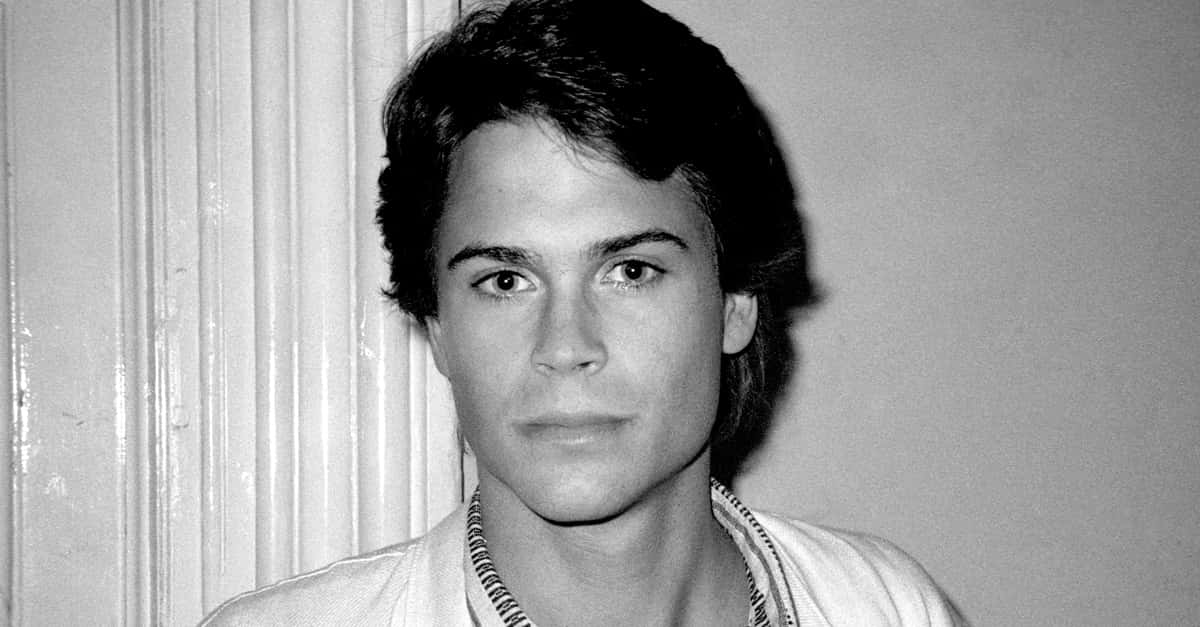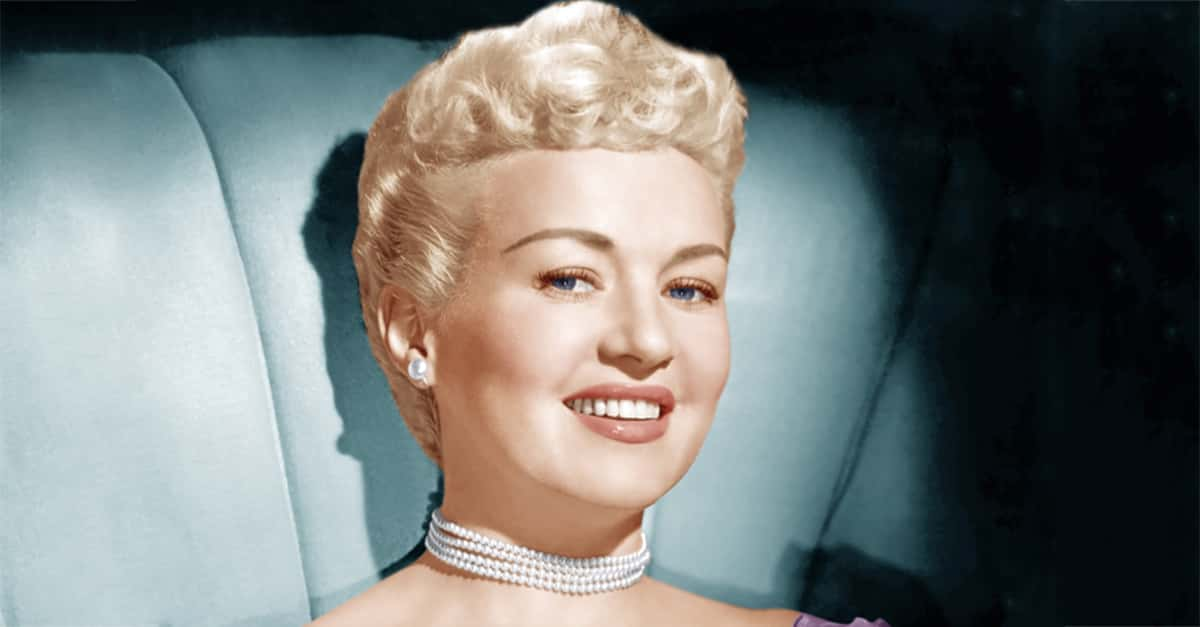Not So Great After All
While pushing for another look at underrated films sounds almost noble, like fighting for the cinematic underdog, calling a movie feels like trying to knock a stuffy statue (Oscar or otherwise) off its pedestal. Let’s look at movies that may have failed the test of time, perhaps due to changing values or sober second thought.
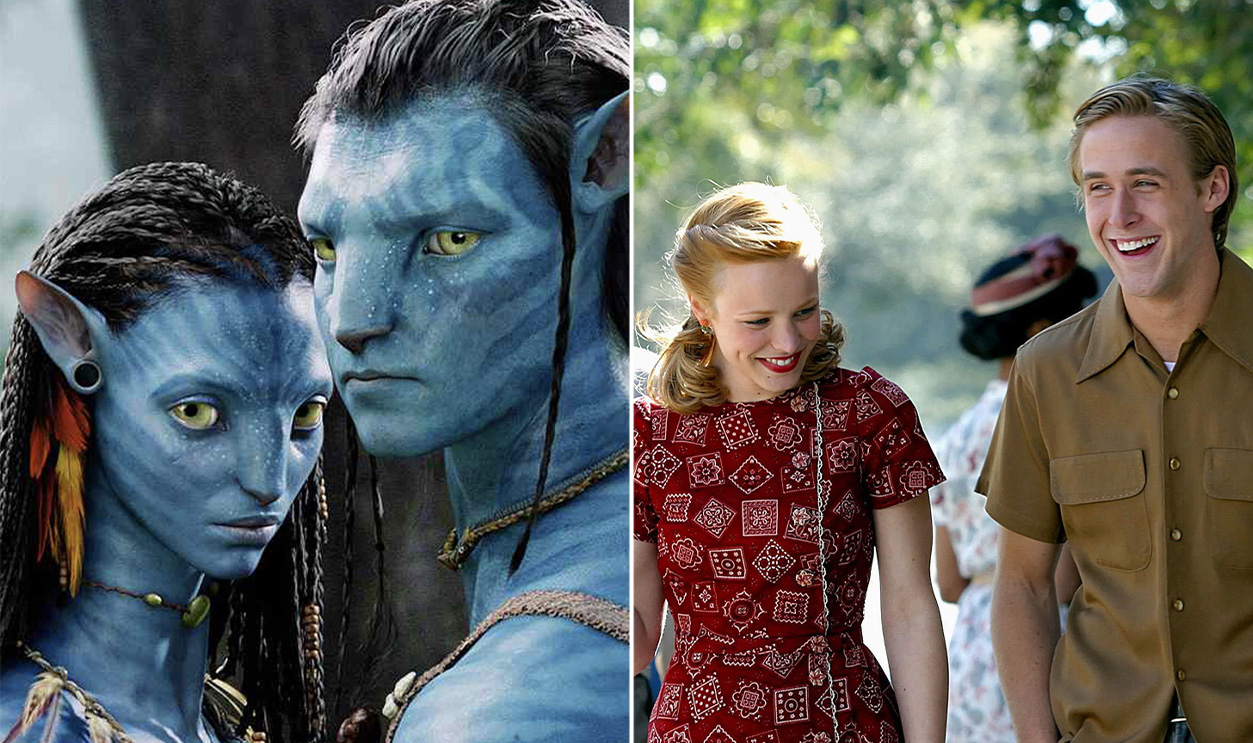
The Wizard Of Oz (1939)
Even if the music is still enchanting and Judy Garland is still marvelous, there aren’t really a lot of surprises for modern audiences, with the pacing being a little predictable and the characters hackneyed. It’s still lots of fun, but maybe enjoyed more for its memories than its storyline.
The Sting (1973)
Winner of Best Picture and six other Oscars, this caper film starring Paul Newman, Robert Redford, and Robert Shaw told a complicated tale of two con men and a mob boss. Critics loved it. The box office loved it. But who remembers this film now?
Jaws (1975)
It’s a film about a shark. A big bad shark. A shark that we barely see because the mechanical model kept breaking down. It’s good for suspense, though. But do you walk away thinking you learned anything much about the human condition? It’s all about the shark. And nothing more.
Deer Hunter (1978)
Although it won the Oscar for Best Film, it played fast and loose with the truth, portraying the Vietcong in oversimplified terms and fabricating the use of Russian roulette as a way the enemy tortured prisoners.
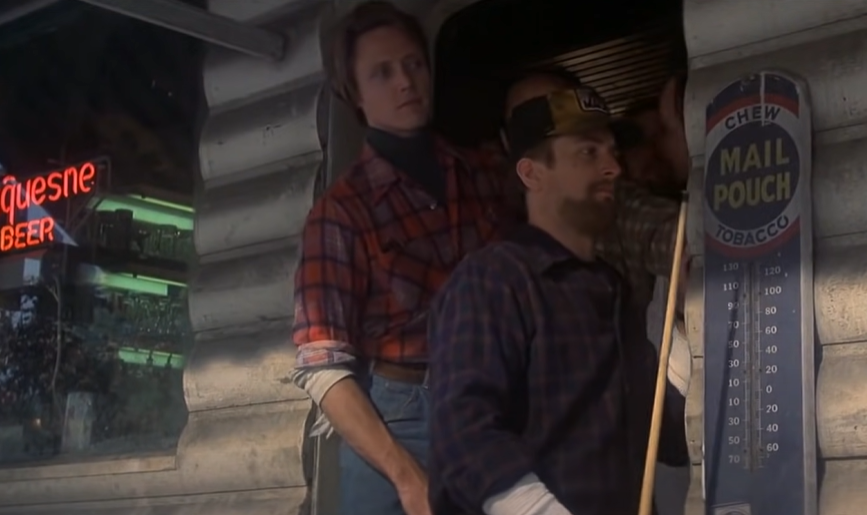 EMI Films, The Deer Hunter (1978)
EMI Films, The Deer Hunter (1978)
Grease (1978)
This musical was a huge success at the box office, with an equally successful soundtrack, but beyond the great music, the story looks a little bit thin. Plus, audiences today are a lot more skeptical about 30-something-year-olds playing teenagers. So, it’s fun in its own way, but nowadays, the cheese and the grease might leave you feeling a bit queasy.
The Breakfast Club (1985)
Here’s another film that became too iconic for its own good, with its trailblazing now feeling (ironically) rather derivative. Despite great performances from actors who’d keep on getting bigger and better, the plot of this John Hughes film feels contrived and too convenient. Maybe just head straight to lunch.
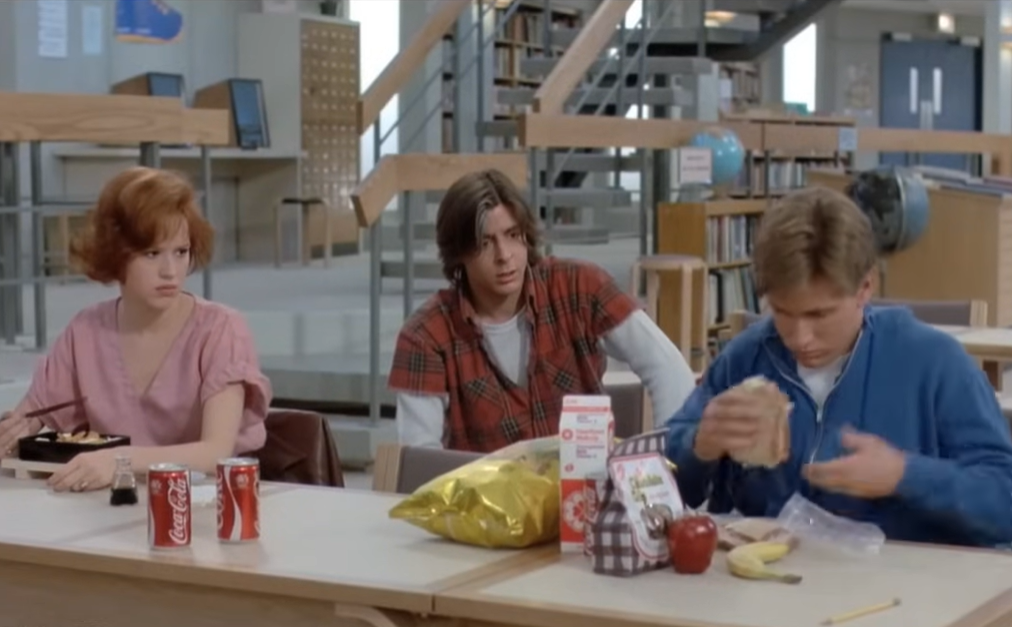 Universal, The Breakfast Club (1985)
Universal, The Breakfast Club (1985)
Driving Miss Daisy (1989)
Eventually winning the Best Picture Oscar, this film prompted murmurs of discontent when it came out, and this story of a racist old woman and her kindly chauffeur rubs the wrong way even more today. Jessica Tandy and Morgan Freeman might be endearing in their own way, but ultimately, is this really the ride you want to take?
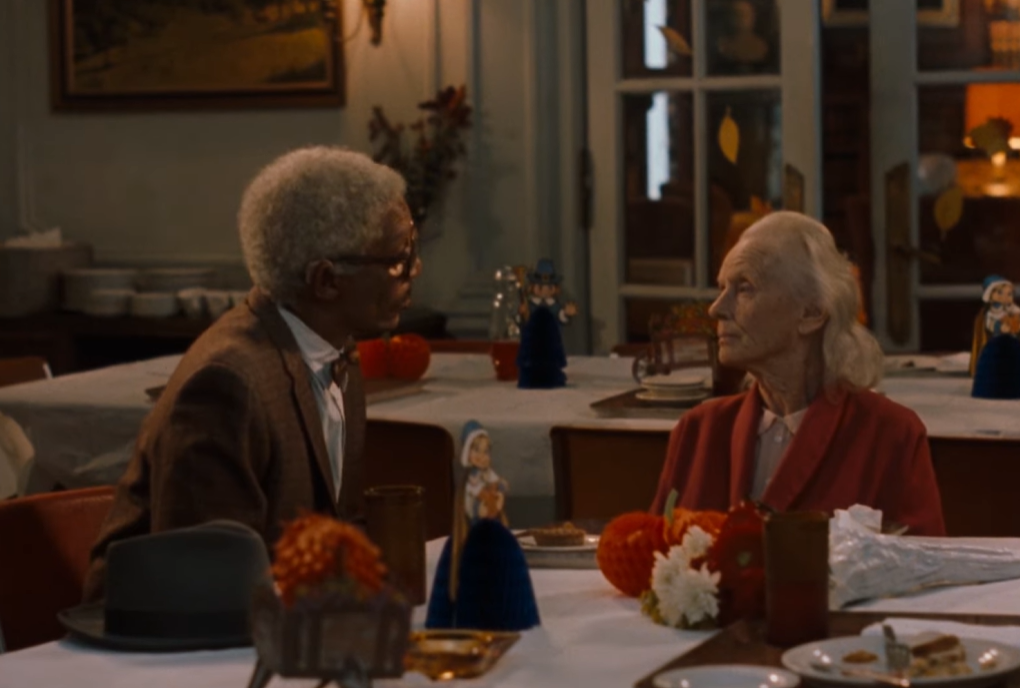 The Zanuck Company, Driving Miss Daisy (1989)
The Zanuck Company, Driving Miss Daisy (1989)
Pretty Woman (1990)
Not without controversy at the time, Pretty Woman broke box office records for a romantic comedy and had critics praising Julia Roberts’ performance. Originally intended to be more serious, the final, bubbly version of this Cinderella story of a rich guy who meets a certain kind of professional nowadays feels naïve at best, exploitative at worst.
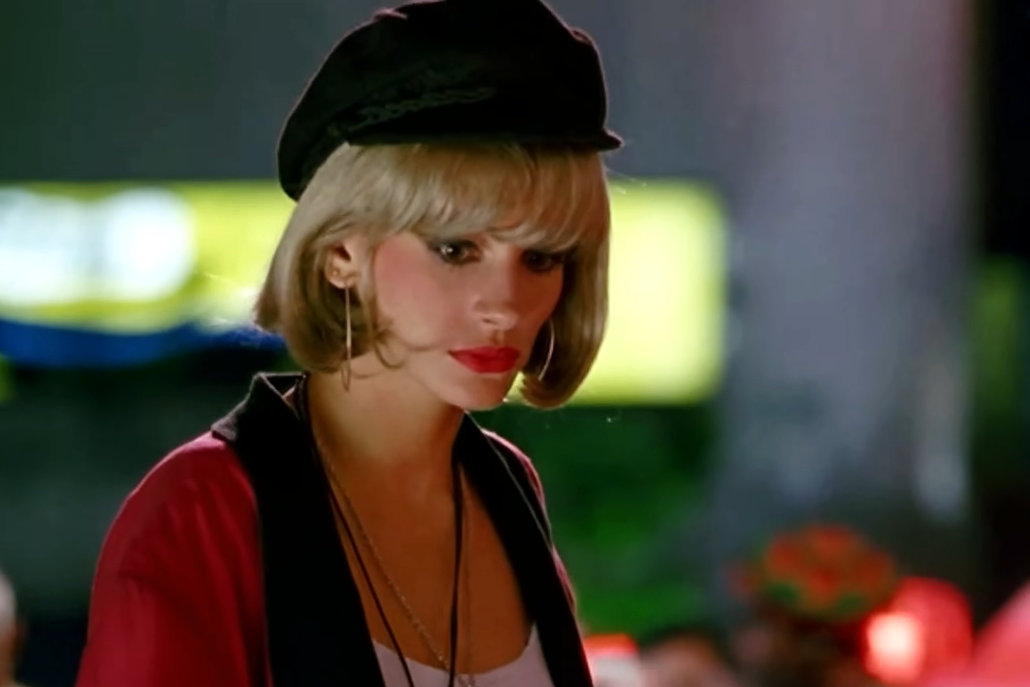 Touchstone, Pretty Woman (1990)
Touchstone, Pretty Woman (1990)
The Nightmare Before Christmas (1993)
Its stop-motion animation is brilliant, but underneath it all is a rather dull story pumped up with adrenaline-inducing noise and pacing. And if the adults are bored, the kids will probably be too scared to enjoy it anyway.
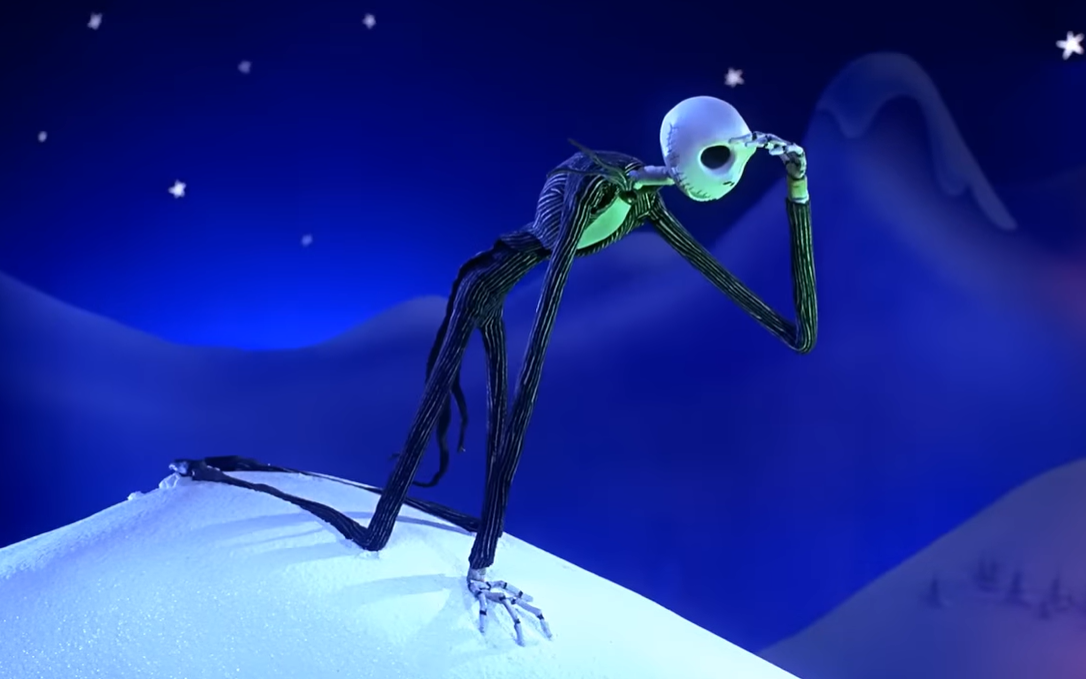 Touchstone, The Nightmare Before Christmas (1993)
Touchstone, The Nightmare Before Christmas (1993)
Forrest Gump (1994)
Popular at the time, the film hasn’t aged well, with Academy voters surveyed in 2015 saying that in a rematch, they’d vote for The Shawshank Redemption instead. As Tom Hanks’ title character likes to say, “Stupid is as stupid does”.
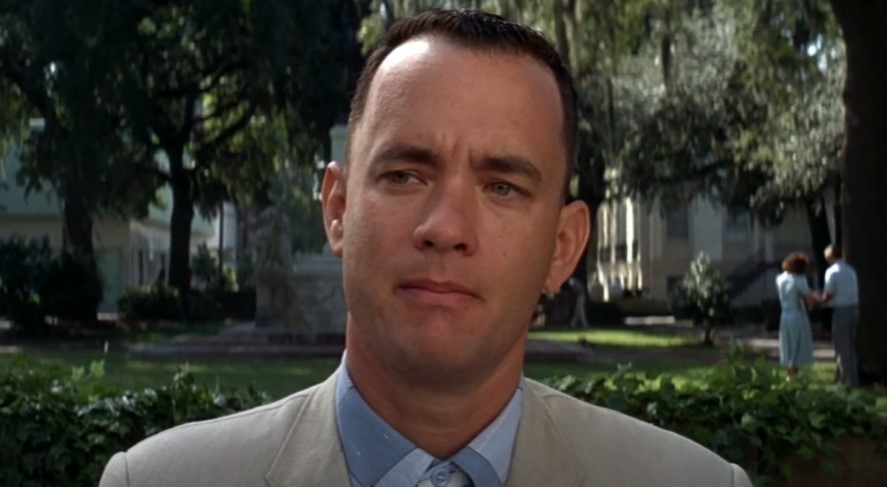 Paramount, Forrest Gump (1994)
Paramount, Forrest Gump (1994)
Braveheart (1995)
A passion project by director and actor Mel Gibson, this “historical drama” has been condemned as one of the most historically inaccurate films of all time, whether depicting the heroic Scots, or using shrill stereotypes to portray the hated English.
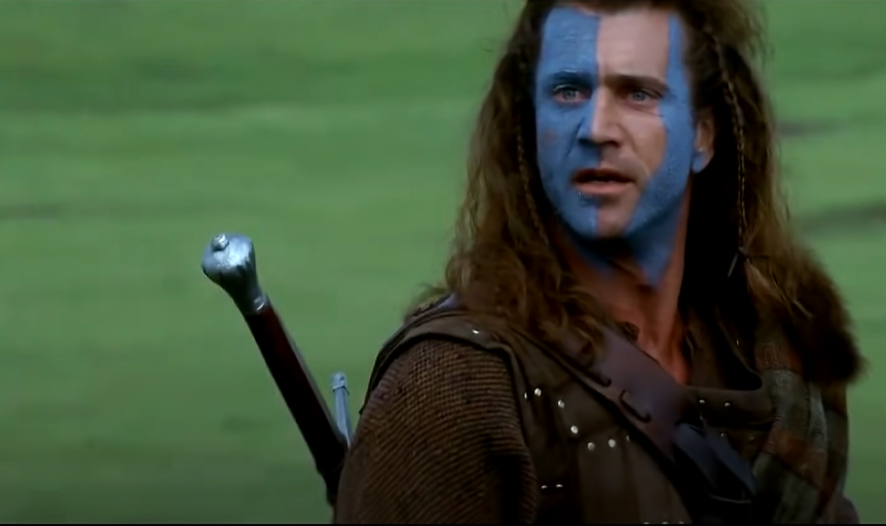 Icon Productions, Braveheart (1995)
Icon Productions, Braveheart (1995)
The English Patient (1996)
Yes, it’s beautifully photographed, and won the Oscar for Best Picture, but nothing heats up this chilly tale of the African desert. With no chemistry between Ralph Fiennes and Kristen Scott-Thomas, The English Patient is chillier than Oscar competitor Fargo’s North Dakota winter, which outright sizzles in comparison.
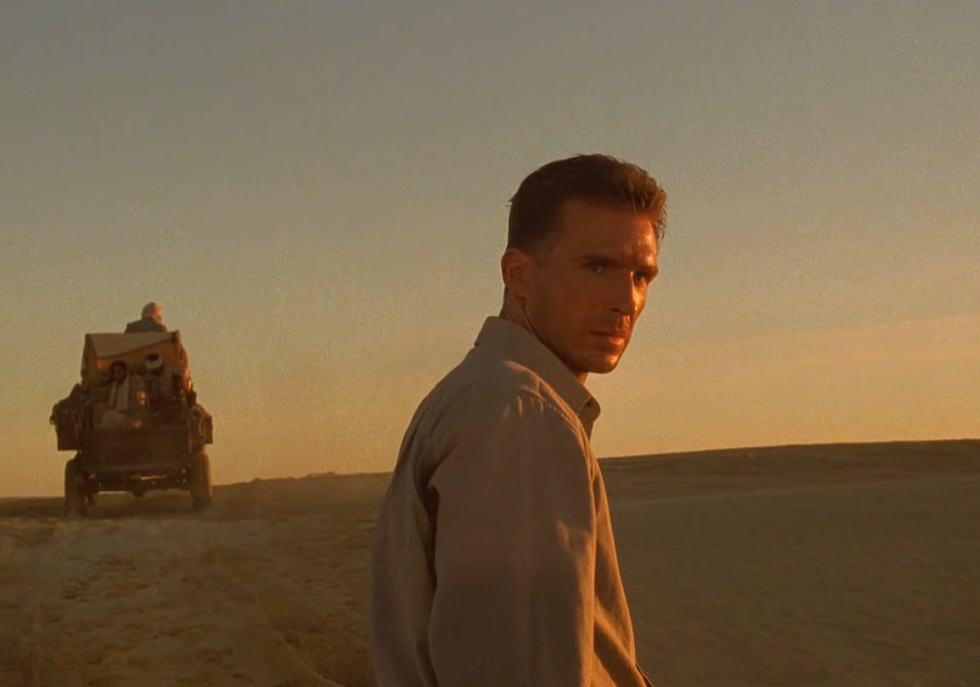 Miramax, The English Patient (1996)
Miramax, The English Patient (1996)
Titanic (1997)
As the big box office take showed, lots of people loved this romance for the ages. Unfortunately, less-enamored viewers had to endure a sinking feeling getting through more than three hours of corny romance and wooden dialogue.
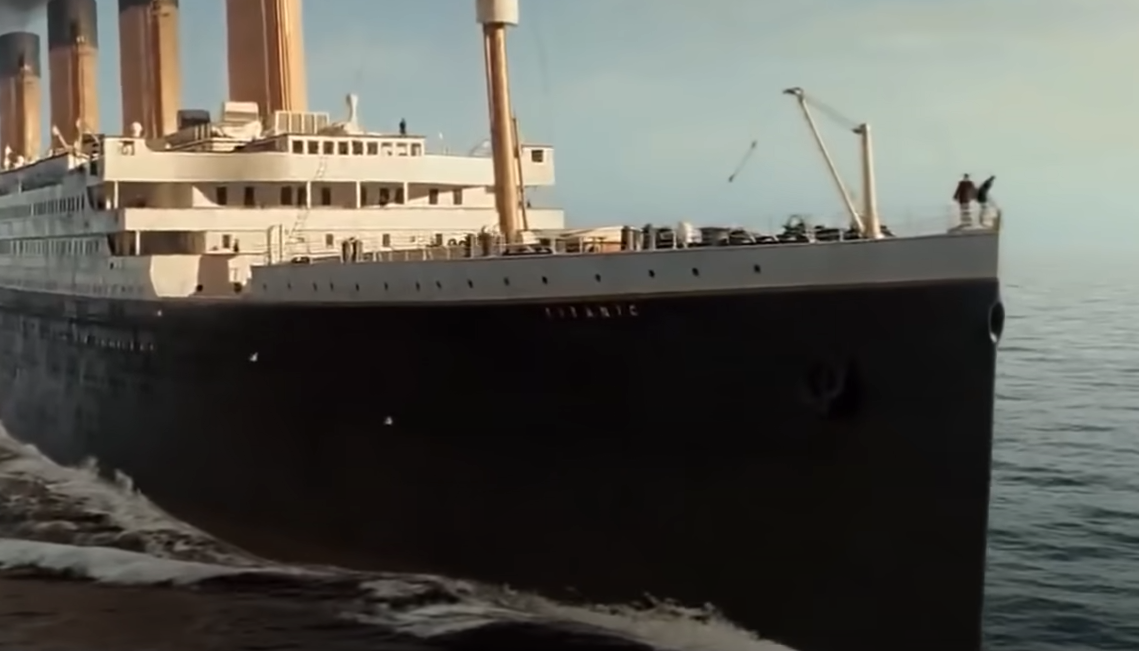 Twentieth Century, Titanic (1997)
Twentieth Century, Titanic (1997)
Life Is Beautiful (1998)
Although this film about the Holocaust won the Oscar for Best Foreign Language Film, not all critics were thrilled about taking one of the 20th century’s most appalling tragedies and turning it into a comedy.
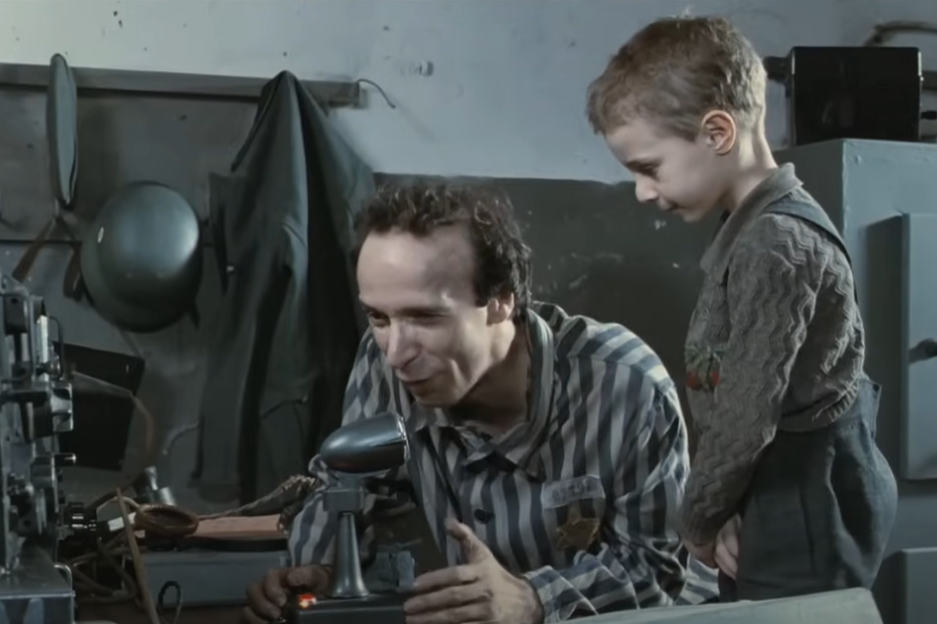 Melampo Cinematografica, Life Is Beautiful (1997)
Melampo Cinematografica, Life Is Beautiful (1997)
The Blair Witch Project (1999)
Backed up by a huge marketing campaign to blur the line between reality and fantasy, much of the impact of the film came from viewers thinking this was somehow a documentary. The found-footage genre this movie sparked has moved on, with viewers now more likely to feel wry amusement more than genuine fright.
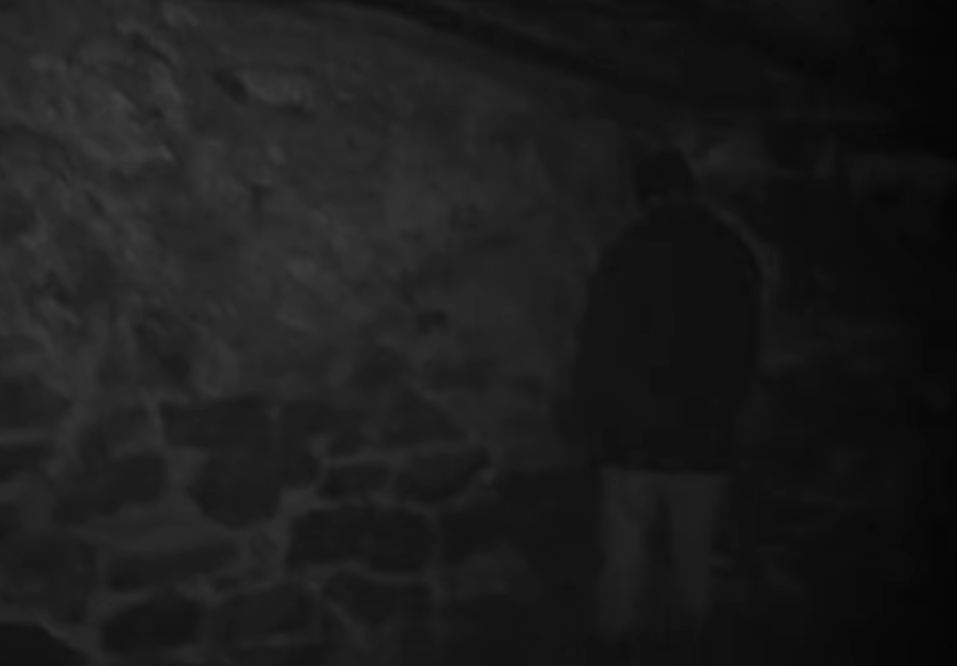 Haxan Films, The Blair Witch Project (1999)
Haxan Films, The Blair Witch Project (1999)
Fight Club (1999)
Another iconic film, this tale of testosterone (and reality testing) gone wild is so ambiguous it can be watched for the thrills and chills or for some deeper meaning, and is debated in endless online forums. Edward Norton, Brad Pitt, and Helena Bonham Carter are mesmerizing, but David Fincher’s film ultimately banks too much on befuddlement to feel truly satisfying.
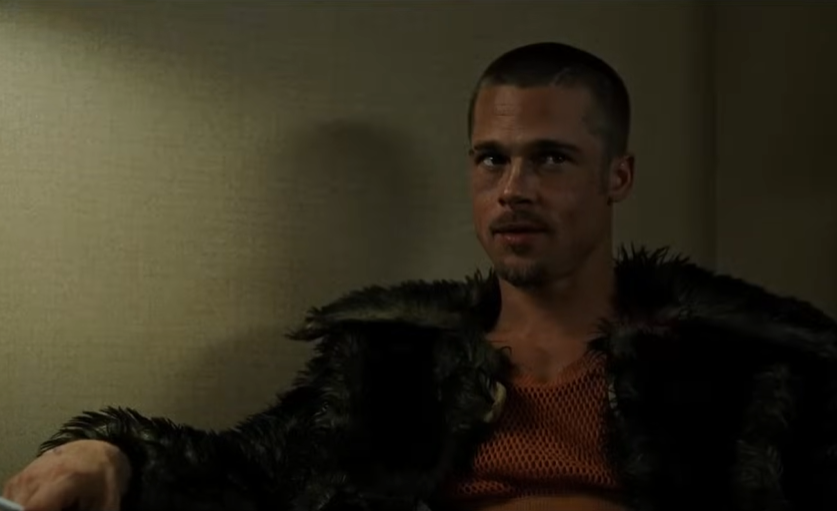 Fox 2000 Pictures, Fight Club (1999)
Fox 2000 Pictures, Fight Club (1999)
Shrek (2001)
In a now-infamous condemnation 20 years later, David Tobias wrote that this box office hit and critical success looked bad, wasn’t funny, and spawned horrible knockoffs with the same “glib self-reference and sickly sweet sentimentality” as the original’s. Of course the film’s defenders think he’s an ogre for saying all that!
The Lord Of The Rings (2001)
To some detractors, this film and its two sequels are all about repetitive fighting and the boring bits in between. Those might be fighting words for faithful Tolkienites, but many critics were just as harsh about the original books.
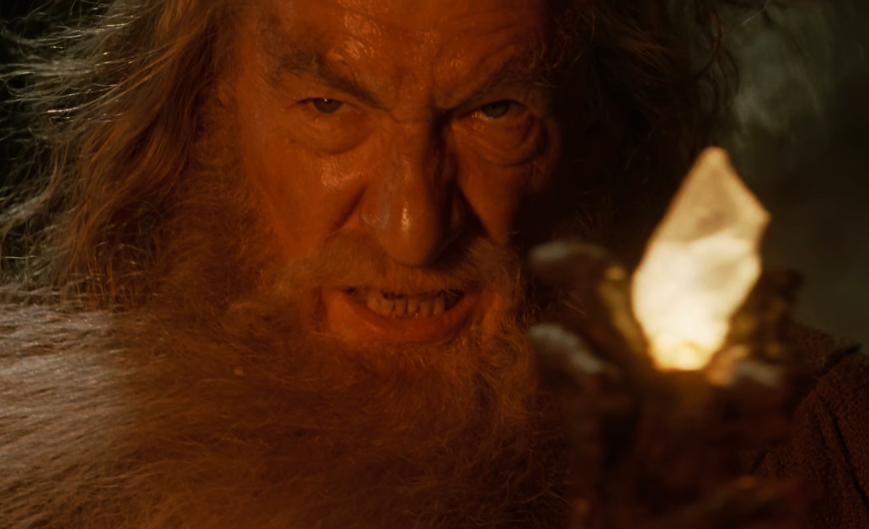 New Line Cinema, The Lord of the Rings (2001)
New Line Cinema, The Lord of the Rings (2001)
Crash (2004)
Although it did well at the box office, its simplistic view of racism and its unsubtle messaging make it hard to believe that it beat out Brokeback Mountain for Best Film at the Oscars. One dissenter believes it “creates a universe of stereotype” in a film that’s beautiful on the outside, yet ugly on the inside.
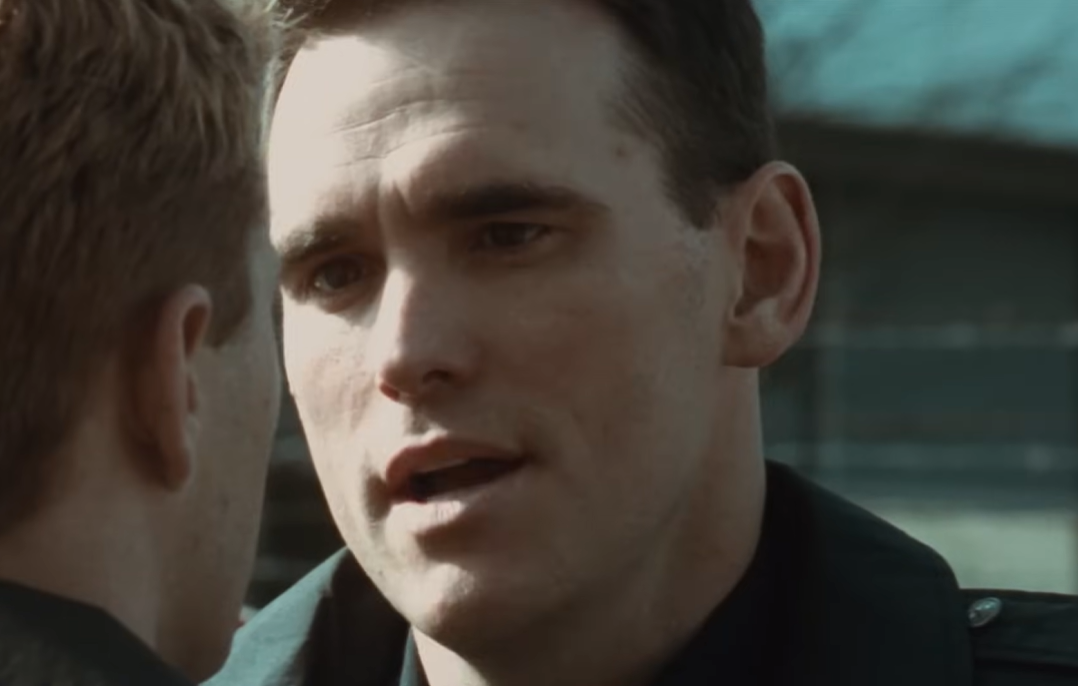 Bob Yari Productions, Crash (2004)
Bob Yari Productions, Crash (2004)
Napoleon Dynamite (2004)
This high school story of misfits and underdogs who ultimately triumph produced endless memes and an array of Halloween costumes, but strikes some naysayers as an amusing romp that quickly overstays its welcome–or as a rotten-to-the-core film that was never welcome at all.
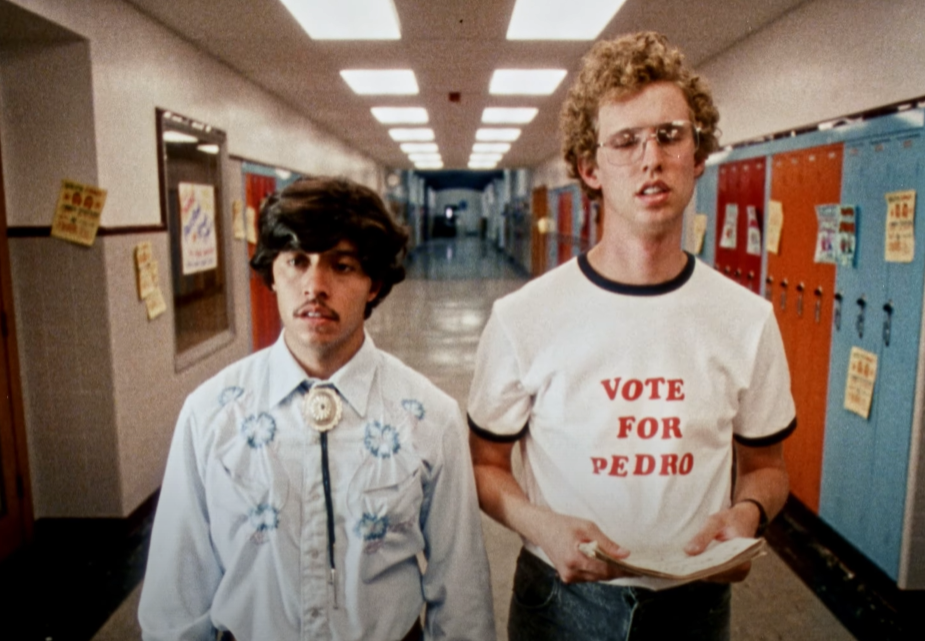 Paramount, Napoleon Dynamite (2004)
Paramount, Napoleon Dynamite (2004)
Slumdog Millionaire (2008)
Winning loads of Oscars, the movie isn’t necessarily bad, it’s just not as good or as original as the hype portrayed it at the time. Some critics also found the film glamorized poverty in India.
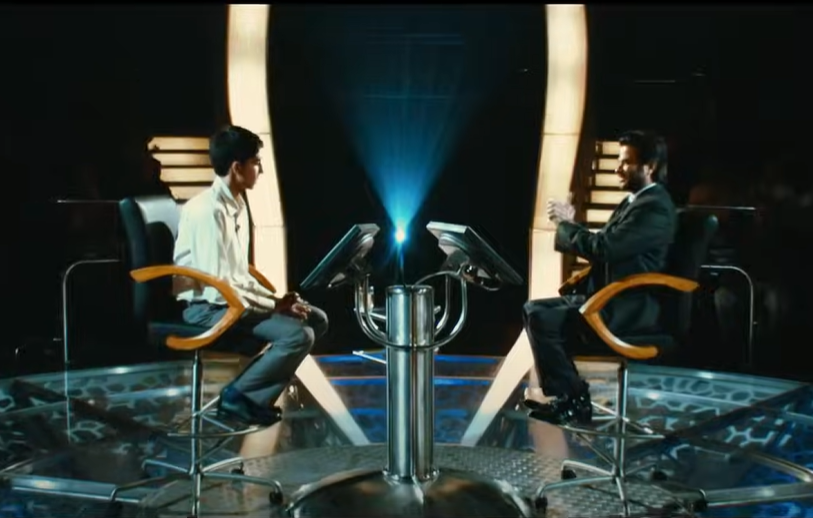 Searchlight Pictures, Slumdog Millionaire (2008)
Searchlight Pictures, Slumdog Millionaire (2008)
Avatar (2009)
James Cameron’s box office blockbuster was recognized at the time as technologically advanced, but critics have turned sour over the years, noting the film’s paper-thin and predictable plot, unconvincing dialogue, good acting that never reaches great, and special effects that, however impressive in general, sometimes still fall flat.
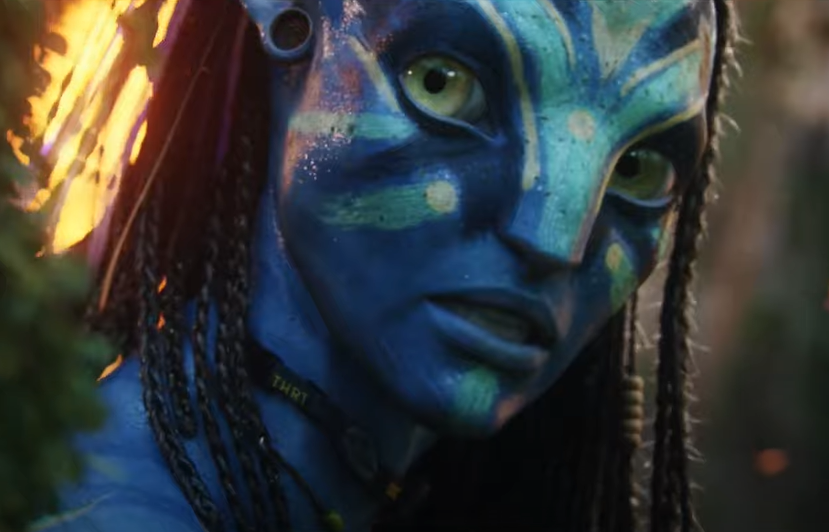 Twentieth Century, Avatar (2009)
Twentieth Century, Avatar (2009)
The Blind Side (2009)
Like Avatar, The Blind Side seems blind to the white savior tropes it trades in. Sandra Bullock’s character takes in a Black teenager, Michael Oher, who is just steps from homelessness and, thanks to the family’s helping hand, skyrockets to football stardom. Oher reluctantly watched the film and thought “it was a comedy about someone else,” and he’s since sued his would-be benefactors.
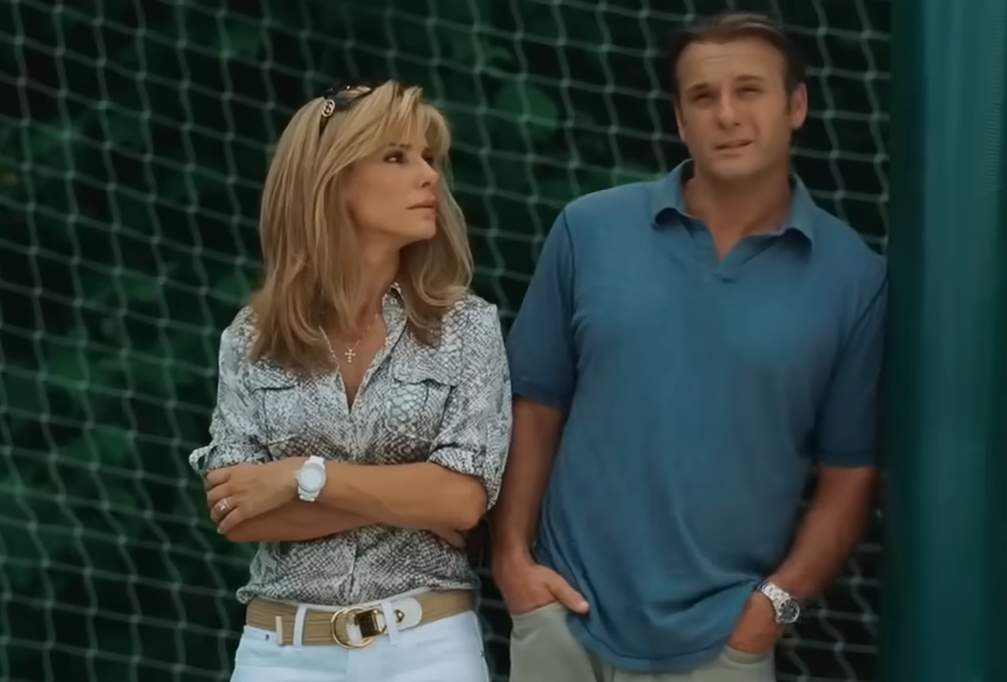 Alcon Entertainment, The Blind Side (2009)
Alcon Entertainment, The Blind Side (2009)
Inception (2010)
Critic Owen Gleiberman called Inception one of the most overrated films of the decade, with great special effects and a very special spinning top, but a dream logic that was confusing and poorly worked out. Overall, the movie duped critics into thinking the it was more than the sum of its superficial blockbuster elements.
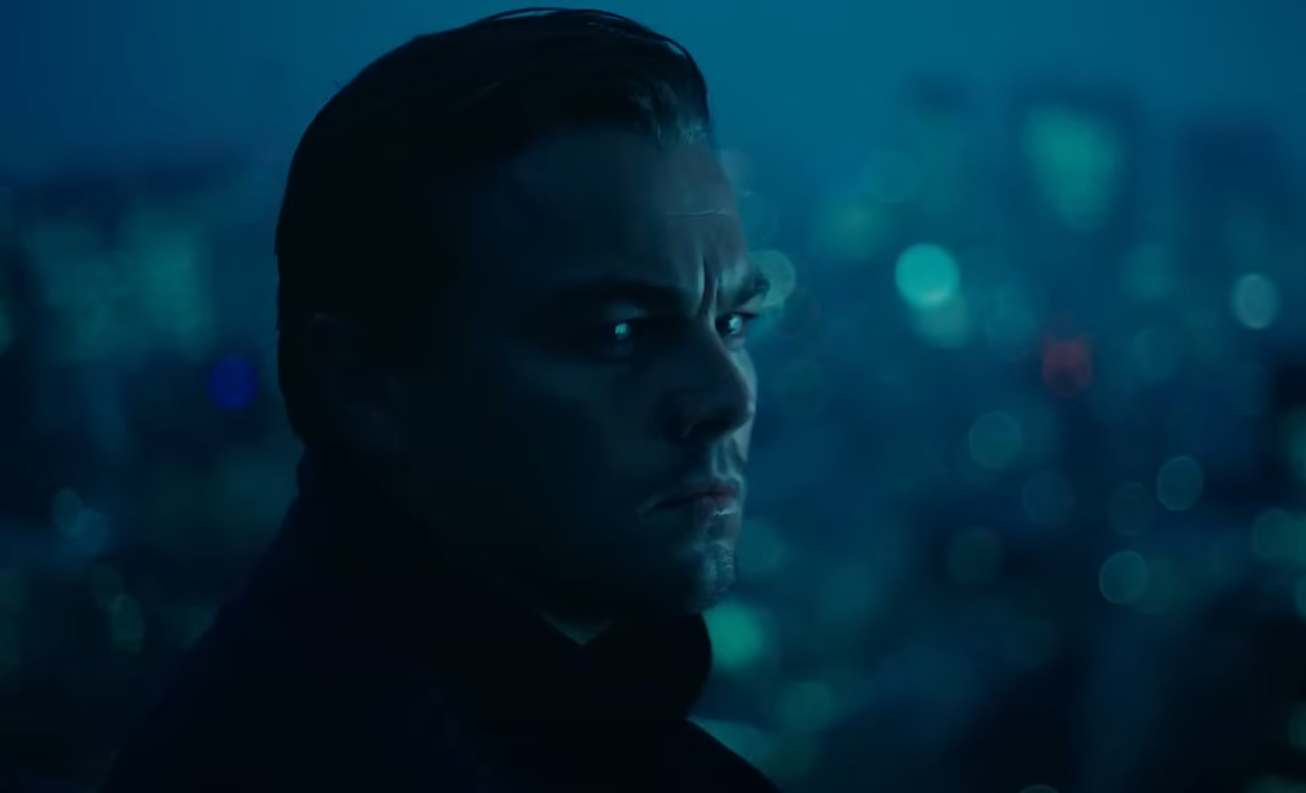 Warner Bros., Inception (2010)
Warner Bros., Inception (2010)
The King’s Speech (2010)
Winner of the Oscar for Best Picture, this tale of King George VI shows him defeating all odds, except that most people would have more at stake here than a tongue-tied royal would. There are chuckles and there are tears, but ultimately this film is pretty conventional.
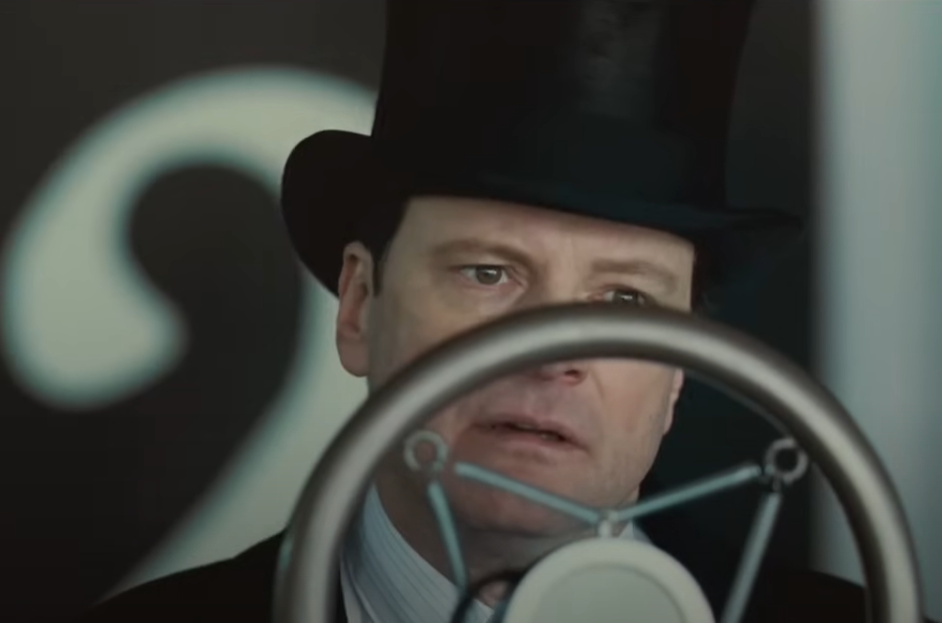 The Weinstein Company, The King's Speech (2010)
The Weinstein Company, The King's Speech (2010)
The Hobbit (2012)
Peter Jackson, director of The Lord of the Rings trilogy, ended up stepping in for Guillermo del Toro as director of The Hobbit trilogy, leading to some ambivalent reviews. In a behind-the-scenes video, we learn proper preparation and scripting was in short supply, so despite the film’s box office success, you might want to stick to the original book.
Frozen (2013)
A big success at the time, the animation now looks a bit dated, and the shift in tone for the last hour, with no music to boot, is jarring. Like the hit song from the movie says, maybe it’s just time to “Let It Go”.
Gravity (2013)
Sandra Bullock’s death-defying astronaut was praised for her strength by some, but then why does George Clooney show up in a hallucination and tell her exactly what buttons to push? “Gravity is not designed to be a comedy,” writes Alan Evans, “but at times it is difficult not to laugh”.
American Sniper (2014)
Directed by Clint Eastwood and starring Bradley Cooper as a sniper during the Iraq conflict, the film has been accused of playing loose with the facts, reducing the complexities of the Middle East into a black-and-white morality tale. And, perhaps most ridiculously of all, it has Cooper cradling a very obviously fake baby.
 Warner Bros., American Sniper (2014)
Warner Bros., American Sniper (2014)
Lucy (2014)
A box office success, this movie has Scarlett Johansson’s character accidentally ingesting a wonder drug and developing amazing powers, fueled by the myth we only use 10% of our brain power–which might explain the quality of the plot.
La La Land (2016)
Perhaps the most interesting thing about this Ryan Gosling and Emma Stone rom-com is that it almost won the Oscar for Best Picture thanks to a bizarre mix-up at the Academy Awards ceremony. Other than that, this film, despite the buzz at the time, seems mostly forgettable: Blah Blah Land as one critic put it.
The Greatest Showman (2017)
Starring Hugh Jackman, this musical about PT Barnum, a 19th-century American entertainment magnate, did great at the box office but skewered history and glossed over some of the businessman’s really questionable actions. Justin Chang wrote that the film showed “a dispiriting lack of faith in the audience's intelligence”.
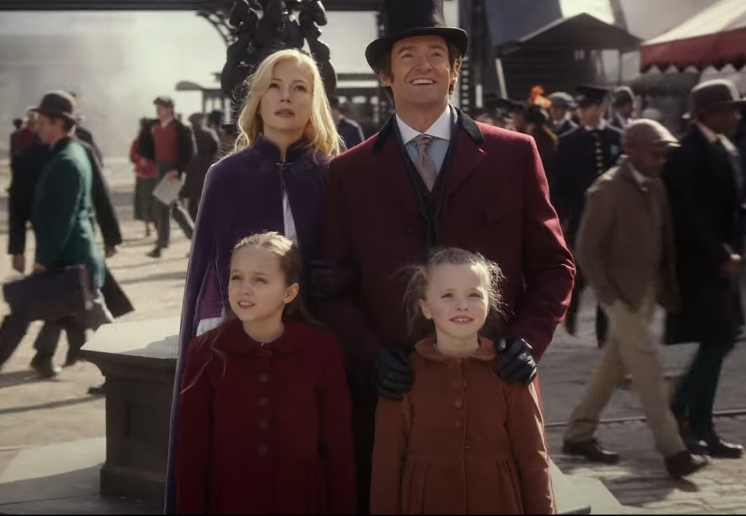 Bona Film Group, The Greatest Showman (2017)
Bona Film Group, The Greatest Showman (2017)
Bird Box (2018)
Netflix said the film was a streaming hit, with its story of strange entities at whom even a glance would be deadly. One critic was envious of the first victim, who at least got “this painful sight over with”. Meanwhile, Netflix’s publicity stunt of blindfolding video gamers spawned riskier copycats, leading to some bad press.
Hereditary (2018)
This American horror film about spooky goings-on after granny dies was loved by the critics, but hated by the masses. One critic who fought back said the film was a “reverential tribute” to past masters without coming up with any ideas of its own, making it neither great fun nor anything particularly artsy.
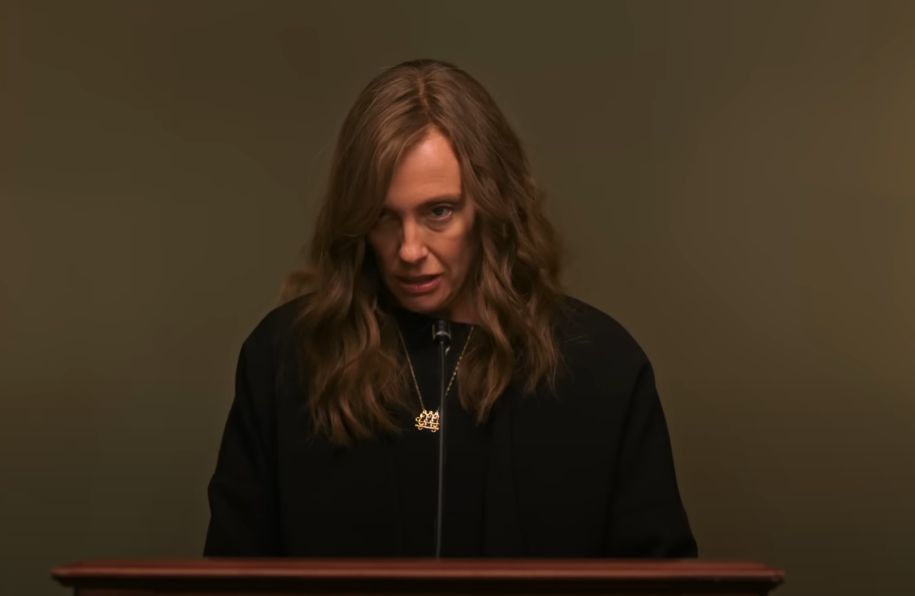 PalmStar Media, Hereditary (2018)
PalmStar Media, Hereditary (2018)
Avengers: Endgame (2019)
Critics and the public loved this Marvel film, which was the highest-grossing film of all time for the next two years. But the less enchanted said the movie lacked an ensemble feel and the time travel subplot felt extraneous. Also, Captain America’s final actions didn’t really make any sense at all.
 Marvel Studios, Avengers: Endgame (2019)
Marvel Studios, Avengers: Endgame (2019)
Knives Out (2019)
Critics and the public loved this update of the whodunit genre, as a private detective, played by Daniel Craig, is summoned to figure out who in the mansion killed a famous author, played by Christopher Plummer. But Salon’s Mary Elizabeth Williams said most of the fun was already revealed in the trailer, and Reddit users it was too predictable, with too few twists.
Ad Astra (2019)
Brad Pitt’s character heads off on a solo voyage to his dad’s space station near Neptune to investigate a power surge, with critics calling it “absolutely enthralling” and a “superb space-opera”. But one critic called it “clearly mediocre,” and another questioned the use of a narcissistic narrative to tell people to connect to each other.
The Notebook (2004)
Loving the film as a teenager, a critic returned to it 15 years later and called it a “dangerous dumpster fire”. Ryan Gosling and Rachel McAdams’ characters have a 1940s summer of love, totally charming aside from Noah’s stalking and belittling insults, and Allie’s poor life choices that follow.
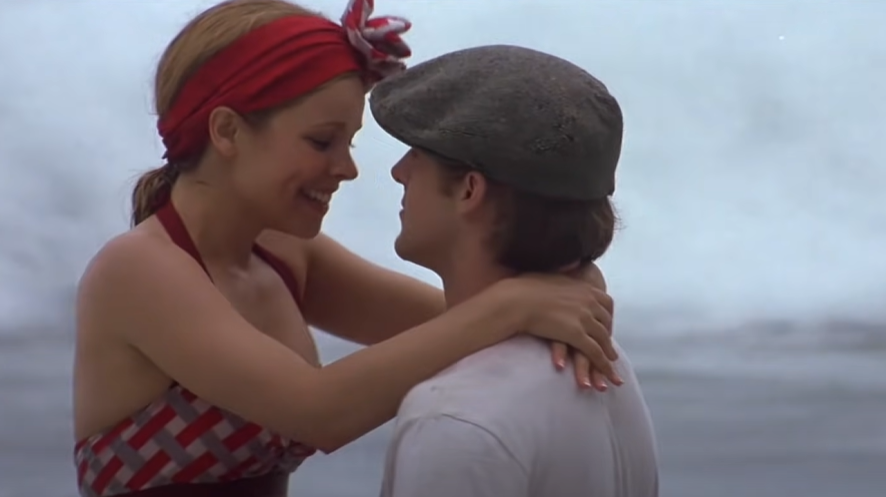 New Line Cinema, The Notebook (2004)
New Line Cinema, The Notebook (2004)
Subject To Change
Ultimately, opinions about movies are subjective, so of course you always have the option to say it’s the contrarian who’s overrated—so happy viewing and happy rating!


